
Protein before or after a workout is a common topic of discussion among athletes and fitness enthusiasts. We can be sure that there have been many discussions in the locker room of the gym. But what does the science say, and is there even a “right time” to take protein?
Protein is the basic building block of the body, made up of amino acids . Proteins play a key role in various body functions, such as cell growth and repair, hormone and enzyme production, and immune system support. For athletes and fitness enthusiasts, protein is essential for muscle growth and recovery after physical exertion.
The recommended daily protein intake for athletes ranges between 1.3-2 g of protein per kilogram of body weight.

Protein before or after exercise
It doesn't matter whether you take protein before or after training . To achieve results in the form of muscle growth and regeneration, it is most important to adhere to the recommended daily protein intake per kilogram of your body weight over the long term and pay attention to its quality .
One study compared the effects of consuming protein before or after training on strength and muscle growth .
Researchers divided 21 men into two groups , each of which received a protein drink containing 25 grams of protein . One group received it immediately before a workout , while the other group received it immediately after . All of them completed the same full-body workout 3 times a week for 10 weeks .
The study found no significant differences in muscle strength or size between the groups. These results suggest that as long as you consume protein around your workout, it doesn't matter whether it's before or after.
General consensus: proteins only "after"
In general, there is an unwritten rule and consensus among athletes that protein should be consumed after training . The reason is quite logical, as protein (amino acids) after training is key to supporting muscle regeneration.
Additionally, consuming protein after a workout can improve protein synthesis in the body and increase anabolic activity, leading to faster muscle growth.
Consuming protein before exercise can be difficult for some individuals and cause discomfort during training, which is the last thing you need.

Anabolic Window: Myth or Reality?
Post-workout protein consumption is also associated with the so-called anabolic window , which is a concept that refers to the optimal timing of post-workout protein intake to maximize muscle synthesis and recovery .
Some experts argue that it is important to consume protein as soon as possible after training to take advantage of this anabolic window —a short period of time when the body's insulin sensitivity increases and when protein is consumed immediately after exercise, the ability of muscle protein synthesis increases slightly . However, the scientific evidence supporting the existence of an anabolic window is not conclusive or clear.
Some studies suggest that the timing of protein intake does not have a significant impact on muscle growth and recovery as long as total daily protein intake is adequate . Other studies show that consuming protein within a few hours of training can still provide benefits for muscle growth .
Overall, it's important to focus on overall protein intake and its quality , rather than the exact timing of protein intake after a workout.

Protein Bioavailability: What Does It Mean and Why Is It Important?
Bioavailability refers to the extent to which amino acids can be absorbed from the digestive tract into the bloodstream and subsequently utilized by the body . Bioavailability therefore affects how quickly and effectively protein reaches the muscles and supports their growth and regeneration .
Different protein sources have different bioavailability , which is important to consider when choosing the right protein. Whey proteins have high bioavailability , while plant proteins may have lower bioavailability due to lower content of some essential amino acids .
The bioavailability of whey proteins is fundamentally influenced by the production method and the degree of filtration . Whey isolates and hydrolysates are clearly among the most bioavailable proteins, because they contain proteins in a very pure form, since residual minerals and lactose have been removed by thorough filtration. However, whey concentrates are also very well utilized by the body.
How to choose and dose protein for optimal results
When choosing the right protein, it is important to consider several factors, such as your individual needs, dietary preferences, and allergies or intolerances. The three main types of protein we most commonly encounter are whey, casein, and vegan proteins.
-
Whey protein is quickly digestible and contains a high content of essential amino acids, making it ideal for muscle recovery after training.
-
Casein protein is characterized by a slower release of amino acids into the body, which may be suitable for maintaining a long-term protein supply, for example before bedtime.
-
Vegan proteins are ideal for those who avoid animal products. They are commonly made from plant sources such as peas, rice or hemp and may be lower in some essential amino acids. However, by combining different vegan protein sources, a complete amino acid profile can be achieved.
When choosing a protein, it is also important to consider its taste, solubility and quality. We recommend choosing proteins with a natural composition that do not contain artificial sweeteners, artificial flavors and thickeners.
If you don't like classic milky-tasting proteins, try clear whey protein . These are proteins with a refreshing fruity taste.
Protein Dosage: How to Do It?
Correct protein dosage depends on your individual needs , goals and level of physical activity . In general, to support muscle growth and recovery, protein intake should be spread out over several smaller portions throughout the day. Protein can be consumed at any time of the day. Generally, 1-3 portions are recommended depending on your individual needs.
Summary
As mentioned above, when you consume protein doesn't really matter . Since everyone is unique, some people may prefer to consume protein before and some may prefer to consume it after. Both are perfectly fine, and you should follow your body's long-term needs. What's more important than the timing of protein consumption is your total daily protein intake per pound of body weight and its quality.
Resources:
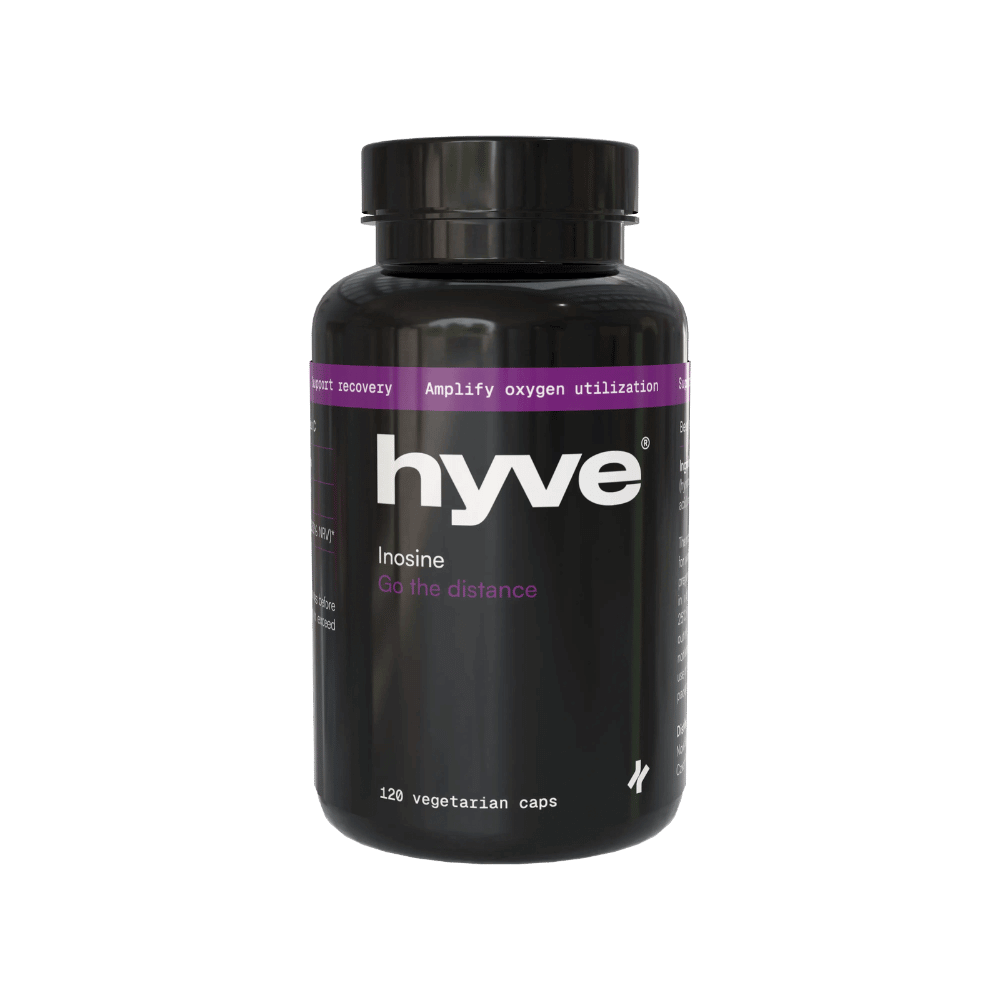
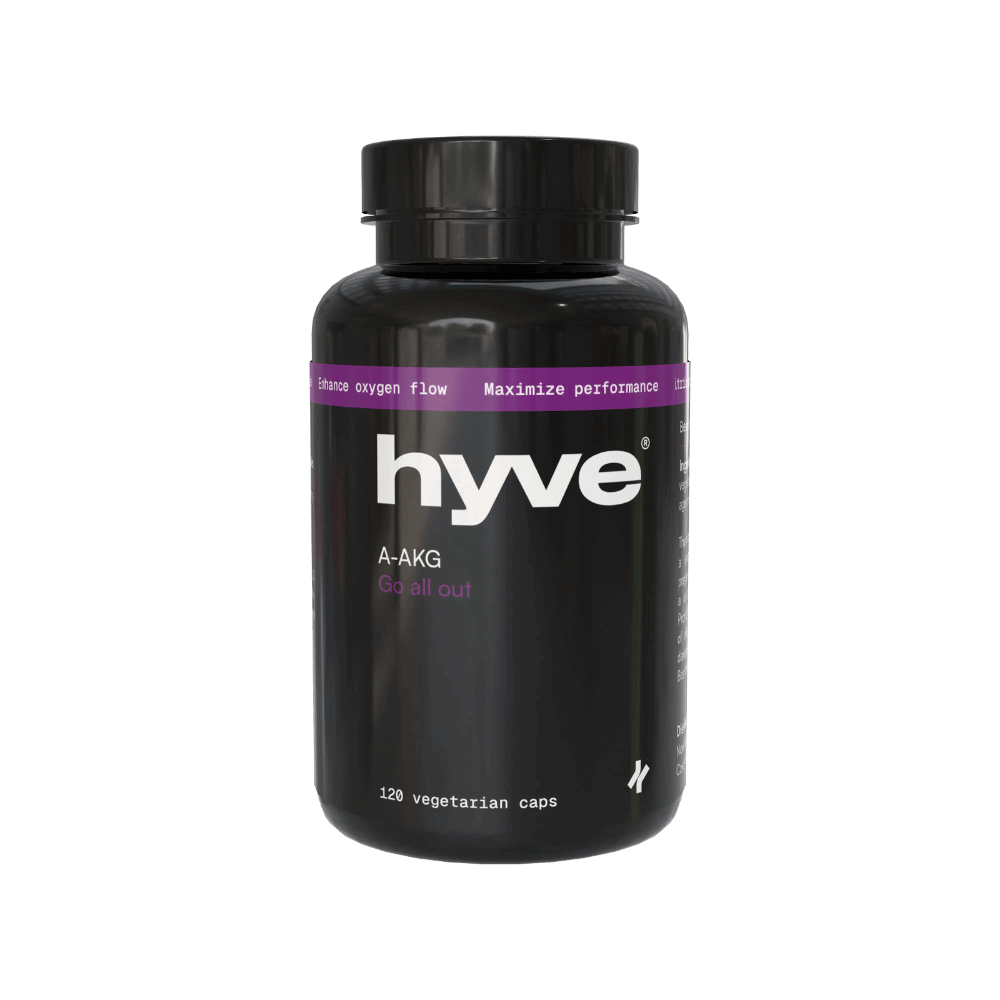
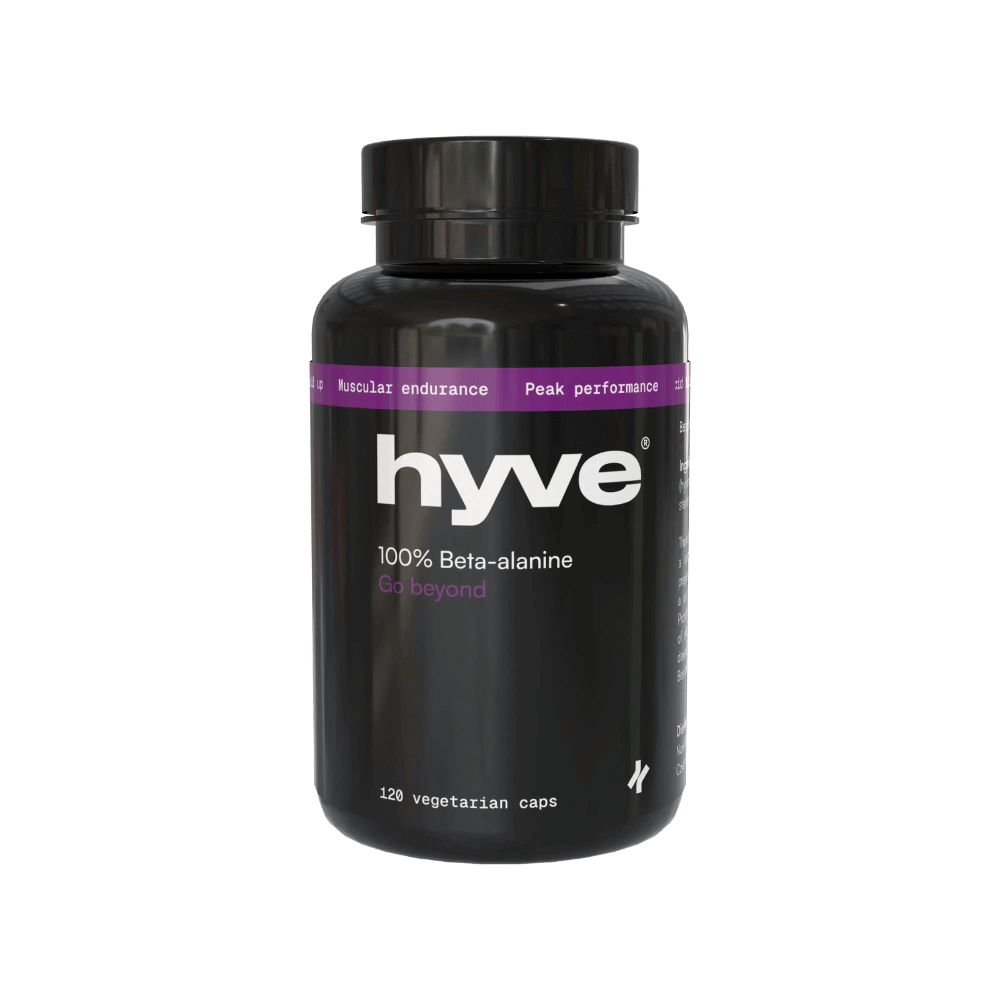
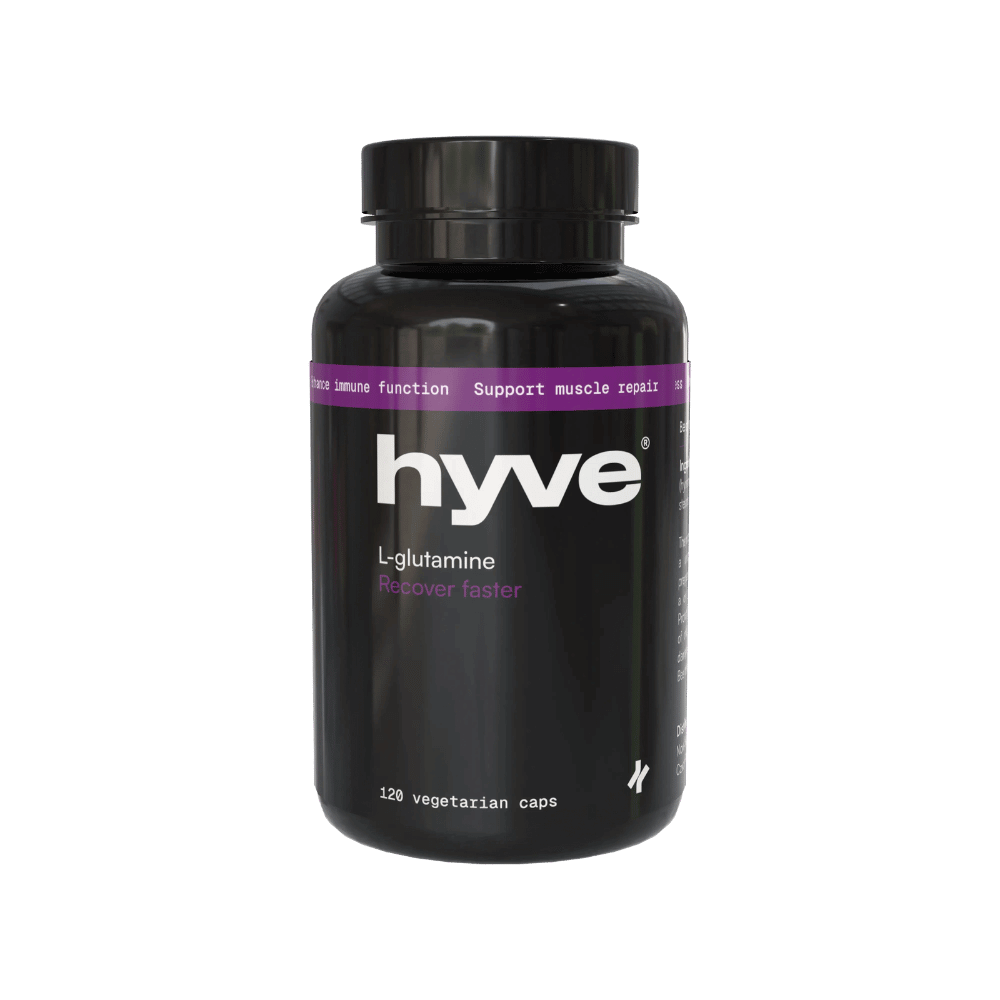
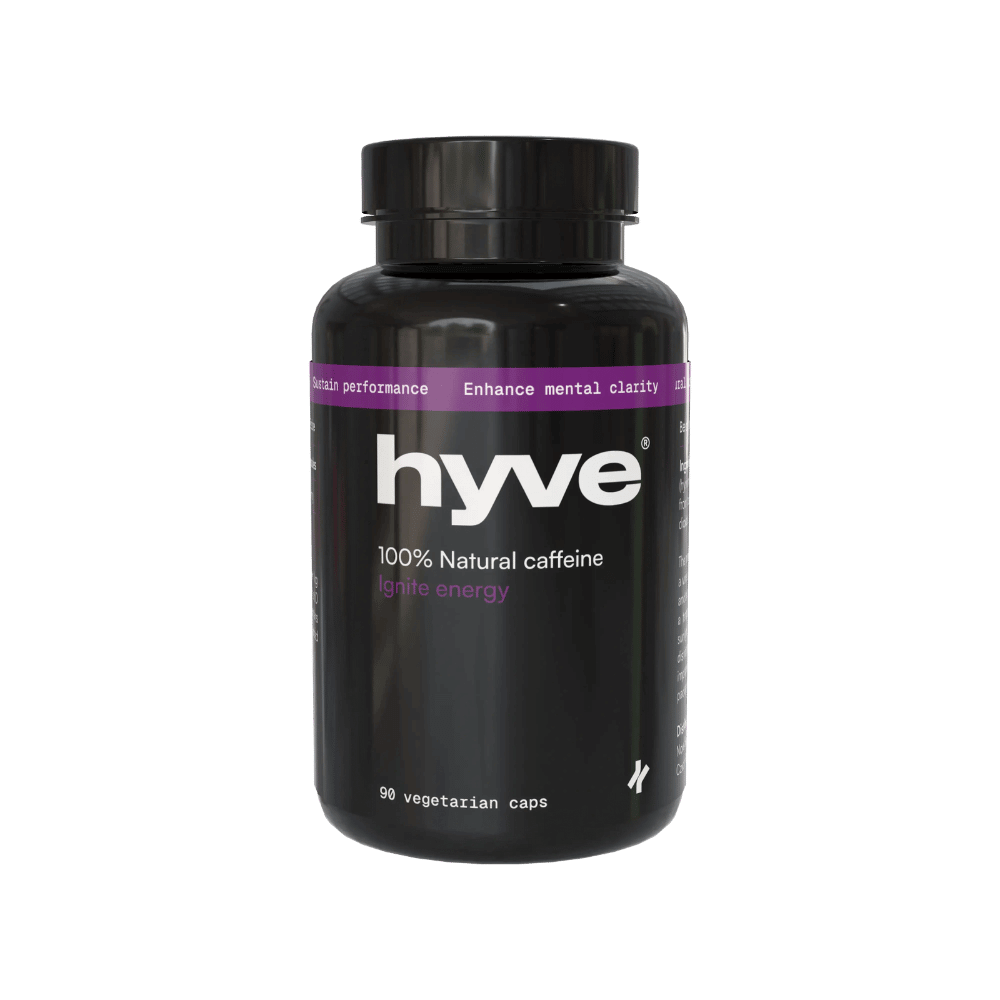
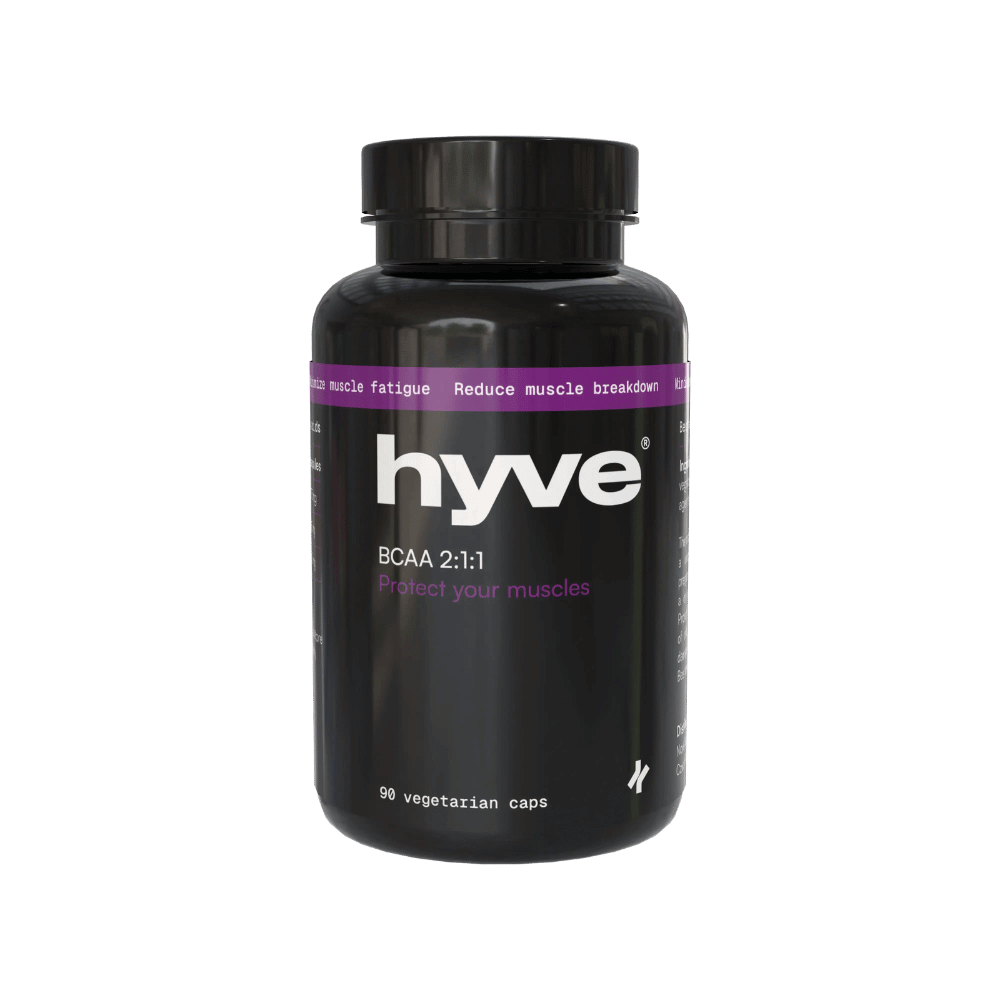
Isotonic, hypotonic and hypertonic drink: Which one to choose and when to use?
Electrolytes - what are they and how do they contribute to proper body hydration?
Share: